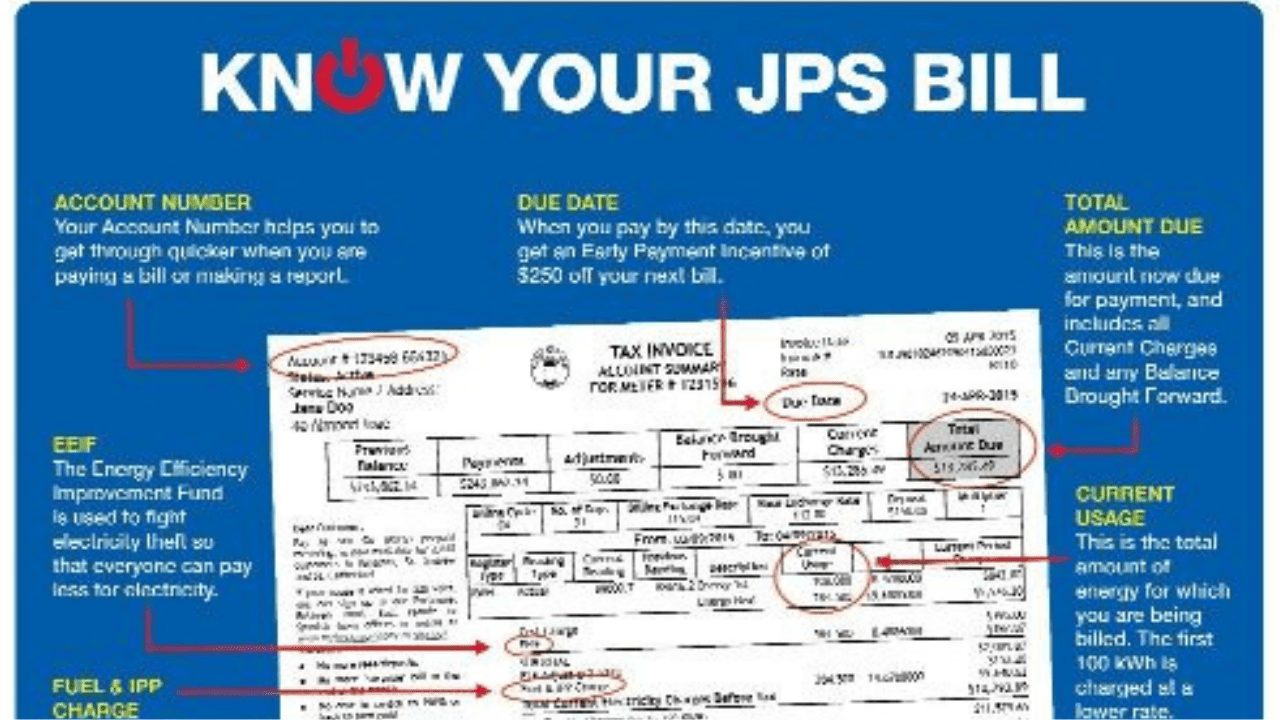
Understanding Your Rights as a Tenant in Jamaica
Understanding Your Rights as a Tenant in Jamaica
Renting a property in Jamaica involves understanding both the responsibilities and rights that tenants are entitled to. Familiarizing yourself with these rights will help ensure a smooth and fair rental experience. Here's a guide to help you better understand your rights as a tenant in Jamaica:
1. Right to a Safe and Habitable Property
- Maintenance of the Property: The landlord is responsible for maintaining the rental property in a condition that is safe and habitable. This includes ensuring that utilities like water, electricity, and plumbing are in good working order.
- Repairs: If there are issues like leaks, faulty wiring, or broken appliances that are provided as part of the rental agreement, the landlord must make necessary repairs in a timely manner.
2. Right to Privacy
- Notice Before Entry: Your landlord cannot enter the property without providing reasonable notice, except in the case of emergencies. This notice period should generally be at least 24 hours.
- No Unauthorized Visits: You have the right to enjoy the rental property without unreasonable interference from the landlord.
3. Right to a Written Rental Agreement
- Rental Agreement Terms: A written lease or rental agreement is highly recommended, as it outlines the terms of your tenancy, including rent amount, payment terms, duration of the lease, and the responsibilities of both parties.
- Clarity on Deposits and Fees: The agreement should clearly state the security deposit amount, any additional fees (e.g., for maintenance), and under what conditions the deposit can be withheld after you vacate the property.
4. Right to Fair Rent and Rent Increases
- Agreed Rent Amount: The rent must be the amount agreed upon in the lease, and the landlord cannot demand additional rent payments without proper cause or notice.
- Notice of Rent Increase: Any rent increase must comply with the terms set in the rental agreement. The landlord is required to provide advance notice of any intended rent increase, typically 30 days or more.
5. Security of Tenure
- Protection Against Unfair Eviction: The landlord cannot evict you without valid reasons, such as failure to pay rent or breach of contract terms. Even in such cases, the landlord must follow the legal process for eviction.
- Notice of Eviction: In cases where eviction is necessary, you are entitled to reasonable notice (usually at least 30 days) unless the situation is urgent (e.g., criminal activity on the premises).
6. Right to Dispute Resolution
- Disputing Rent or Repairs: If you believe your rent is too high or the landlord has not made necessary repairs, you have the right to dispute the matter. You can take the issue to the Rent Assessment Board, which can mediate disputes between tenants and landlords.
- Illegal Evictions: If you believe you are being wrongfully evicted, you can seek legal advice and possibly file for an injunction to prevent the eviction.
7. Right to Receive Services
- Basic Utilities: The landlord must ensure that basic utilities like water and electricity are provided unless specified otherwise in the lease agreement. You cannot be denied these essential services if you are paying rent on time.
- Receipts for Rent Payment: You have the right to receive receipts for rent payments, which should include the amount paid, the date, and the rental period it covers.
8. Responsibilities of the Tenant
- While understanding your rights is essential, it’s also important to know your responsibilities:
- Paying Rent on Time: Ensure that rent is paid according to the agreed-upon schedule in the lease.
- Property Care: Keep the property in good condition and avoid any damage beyond normal wear and tear.
- Inform the Landlord of Issues: Notify the landlord of any necessary repairs or issues that arise during your tenancy.
9. Termination of the Lease
- Ending the Lease Early: If you need to end your tenancy before the lease expires, the terms of your agreement will dictate how to proceed. There may be penalties, and you must give proper notice to the landlord.
- Lease Expiry: At the end of the lease term, either you or the landlord may choose not to renew the agreement. Both parties must give adequate notice if they do not intend to continue the rental relationship.
10. Dealing with Security Deposits
- Return of Security Deposit: At the end of your tenancy, the landlord must return your security deposit, minus any deductions for damages beyond normal wear and tear. You are entitled to a breakdown of any deductions made from the deposit.
Conclusion
Knowing your rights as a tenant is crucial for protecting yourself from unfair treatment and ensuring that your rental experience is positive. Always seek to have a written agreement in place, communicate clearly with your landlord, and be aware of the laws and regulations governing tenancies in Jamaica. Understanding these rights can prevent conflicts and ensure a smooth tenancy process.



